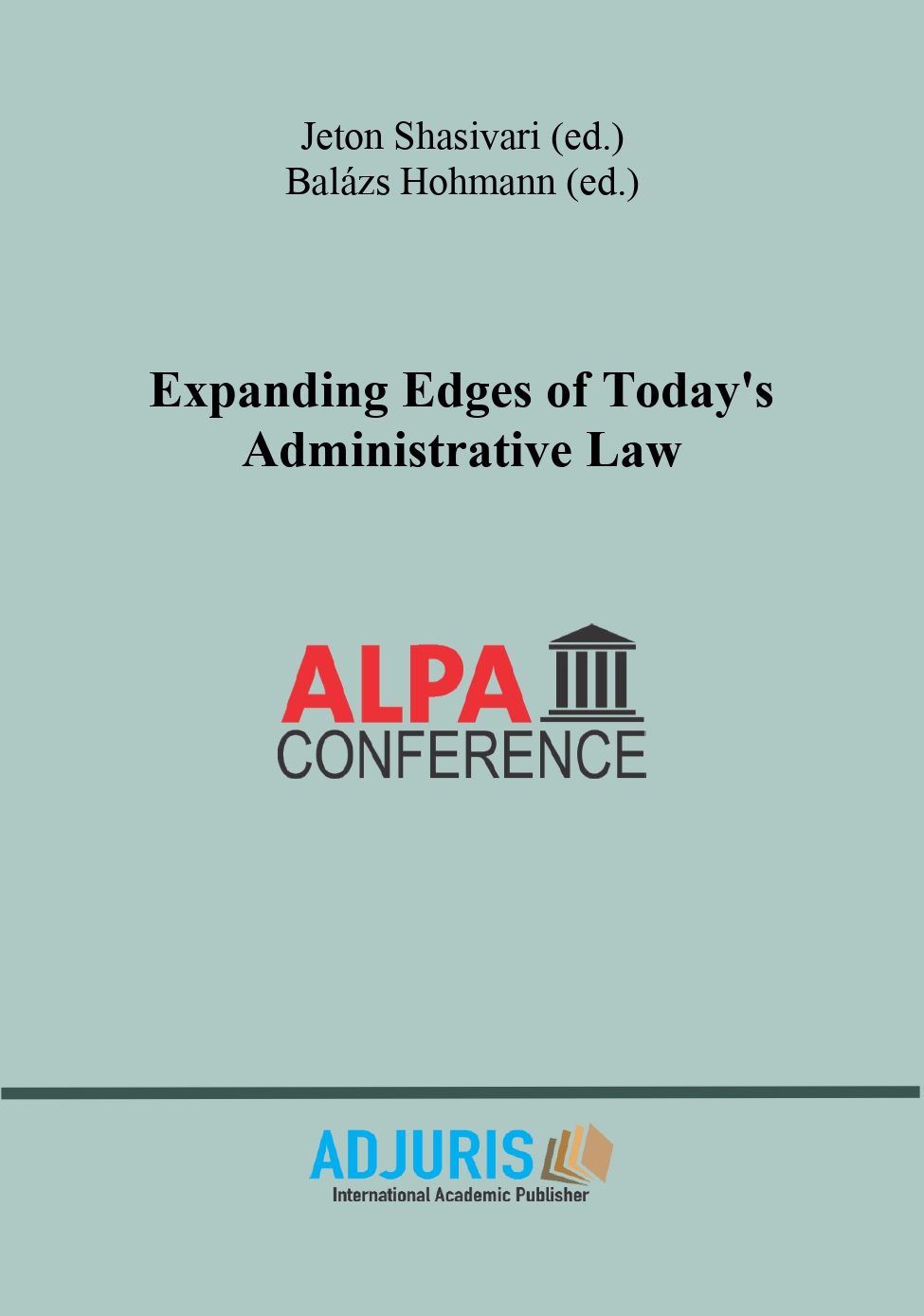The opportunity control in administrative litigation – from theory to practice
The opportunity control in administrative litigation – from theory to practice
Author(s): Anamaria Groza
Subject(s): Law, Constitution, Jurisprudence, Court case, Administrative Law
Published by: Societatea de Stiinte Juridice si Administrative
Keywords: administrative act; administrative litigation; judicial control of legality; judicial control of opportunity; excess of power; proportionality;
Summary/Abstract: Subject to debates from the point of view of its performance and intensity, the judicial control over the opportunity of administrative acts is, in our opinion, necessary in a state governed by the rule of law. Law 554/2004 contains legal institutions that impliedly enshrine this control. Its implementation raises the problem of the criteria to which courts can refer. The criteria, although different from one case to another, can be systematized. Thus, the evaluation of the consequences of complying with the legal norms with a judicial force superior to the administrative act offers a clear parameter within which public authorities can assess the adopted acts. Secondly, the action of the admin- istration generally takes place in a Member State of the European Union, within a set of principles, such as non-discrimination, transparency of the decision-making process, lack of arbitrariness, impartiality of the administration, respect for legitimate expectations, predictability, consistency, proportionality of the measure with the objective, etc. Thirdly, administrative acts and operations must respect a fair balance between public interest and private rights/ interests affected by them. The performance of this control in the context of two cases we selected led us to some conclusions which have, we believe, a high degree of applicability: the opportunity character of an administrative act must result from the content of the act itself or from acts preceding its adoption and the limits of the appreciation power of public institutions may result from judgments (too). Our research is descriptive and explanatory, including a case study. The use of case law data (somehow abandoned in the doctrinal dispute) brings new perspectives on the approach to the opportunity control.
Book: Expanding Edges of Today's Administrative Law
- Page Range: 22-35
- Page Count: 14
- Publication Year: 2021
- Language: English
- Content File-PDF

